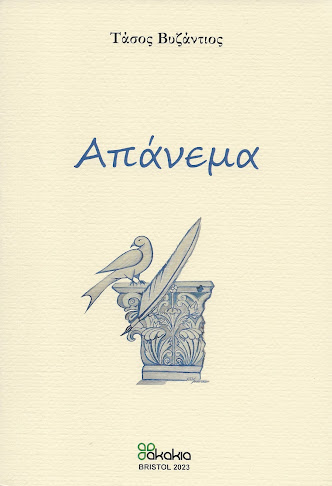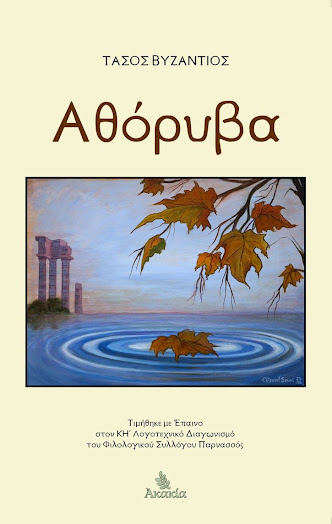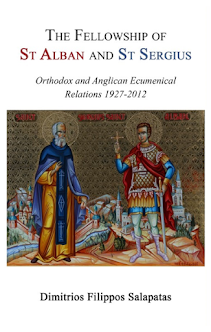Οι σκοποί της Εταιρείας (στην οποία σήμερα προεδρεύει ο Αντώνιος Δ. Γιαννούλης) είναι:
- Η συγκέντρωση και συναδέλφωση των Ελλήνων Επιστημόνων που βρίσκονται στη Μεγάλη Βρετανία.
- Η συναδελφική συμπαράσταση στους 'Ελληνες Επιστήμονες που έρχονται εδώ.
- Η τακτική ενημέρωση των μελών πάνω σε επιστημονικά και επαγγελματικά θέματα.
- Η συνεργασία με οργανώσεις, υπηρεσίες και αδελφούς συλλόγους σε εκδηλώσεις που αποσκοπούν στην προαγωγή της φιλίας με τον Ελληνισμό και την προβολή των ιδεωδών του Ελληνοχριστιανικού πολιτισμού.
- Η διοργάνωση κοινωνικών και πνευματικών εκδηλώσεων.
Απόψε η Εταιρεία οργανώνει μια ενδιαφέρουσα εκδήλωση, μέσα στο πλαίσιο της ετήσιας σειράς διαλέξεων (Annual Memorial Lecture) εις μνήμην του Δρος Κώστα Ν. Χατζηπατέρα. Η εκδήλωση θα πραγματοποιηθεί στο Ελληνικό Κέντρο Λονδίνο, στις 7.00 μ.μ. Ομιλητής θα είναι ο διακεκριμένος επιστήμονας Δημήτρης Τζιόβας, Καθηγητής Νεοελληνικών Σπουδών του Πανεπιστημίου Birmingham. Η διάλεξη (που θα δοθεί στην Αγγλική γλώσσα) θα έχει τίτλο: «Post-Classical Memories: Modern Greek Attitudes to the Past».
«If we attempt to outline the main ways in which Greek intellectuals have approached their country's past, and particularly ancient Greece, over the last two centuries, it comes down to the following four. The first approach could be described as the symbolic or archaeological way, which thanks to an undervaluation of the Middle Ages highlighted the gap between the classical past and the present. The distance between past and present could be bridged either symbolically - whether in a revival of the classical past as an idealized model or in a process of purification whereby historical accretions and modifications are purged from ancient monuments, place names or the language. While the first approach relies on treating the past as an archaeological monument, something distant which can either serve as a symbolic model or a vehicle for comparisons, the second, which can be defined as holistic and romantic, envisages the past as a living presence in the sense that vestiges can be traced in modern cultural phenomena. The third approach, which could be called aesthetic or modernist, represents an extension of the first two in that it assumes the presence of the past not so much as a historical survival but as a kind of aesthetic or stylistic continuity or a metaphorical equivalence.
The aestheticization of the past means that it loses its rigidity and becomes something that can be reassessed, revised or even rejected. This brings us to the fourth way of approaching the past which could be described as ironic, critical or post-modernist. In this approach the past is not considered a given or indisputable, but an entity which can undergo constant reinterpretation and revision, allowing suppressed aspects to emerge or acquire new significance. In this case the issue of historical continuity becomes less important and the focus shifts towards a sceptical unearthing and re-assembling of the past. As a consequence classical antiquity, which is seen as the least problematic period, is side-stepped while less vaunted or more controversial periods such as the Hellenistic, the Byzantine or the Ottoman take centre stage. The first two approaches are interested in the monumentalization, the purification and the Hellenization of the past while incorporating neglected periods of history; the third is concerned with aestheticizing the past and the fourth with relativizing it using the experience of the present. In these four approaches past and present are connected using the relevant emblematic concept tools for each approach: revival, continuity, memory and irony, and offer a useful guide to distinguishing the Enlightenment, the ethno-romantic, modernist and postmodernist approaches to the Greek past».











































2 comments:
Μια καλησπερα περασα ν αφησω.
Εχω ψιλοχαθει τελευταια, αλλα χρειαζομαι λιγη αποτοξινωση απ την μπλογκοσφαιρα.
Μαλλον την βαρεθηκα.
Χωρις αυτο να σημαινει οτι βαρεθηκα και τους φιλους εδω μεσα.
Αυτοι μου λειπουν.
Καλη σου εσπερα π.Αναστασιε.
@ Aliki,
Μπορώ να καταλάβω αυτό που λες. Μην αισθάνεσαι πως έχεις υποχρέωση να κάνεις κάτι που δεν το θέλει η ψυχή σου. Κάνε όπως και ό,τι σου προσφέρει χαρά και πνευματική ανάταση.
Πάντως, εγώ χαίρομαι πάντα να σε "βλέπω".
Post a Comment